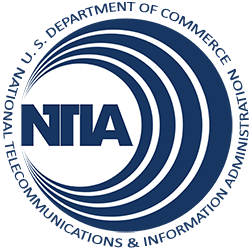Future Generations Graduate School
The Equipping West Virginia’s Fire and Rescue Squads project proposes a community-based approach to stimulate broadband adoption among, and extend computer access and training to low-income and predominantly rural communities across West Virginia. The project expects 60 volunteer fire and emergency rescue stations to participate in the program. Twenty-four squads in 12 counties already have committed to participate in the first year. This project plans to train more than 37,000 people and expects to increase broadband subscribership by more than 12,700 households and businesses during the life of the project. The project also features a broadband awareness campaign that will include peer-to-peer outreach, newspaper and radio advertisements, signage to promote services, social networking, and a support Web site. The project includes two contractors designated as Socially and Economically Disadvantaged Businesses (SDBs), additional small businesses not designated as SDBs, and proposes an “e-commerce academy” to assist small businesses.
